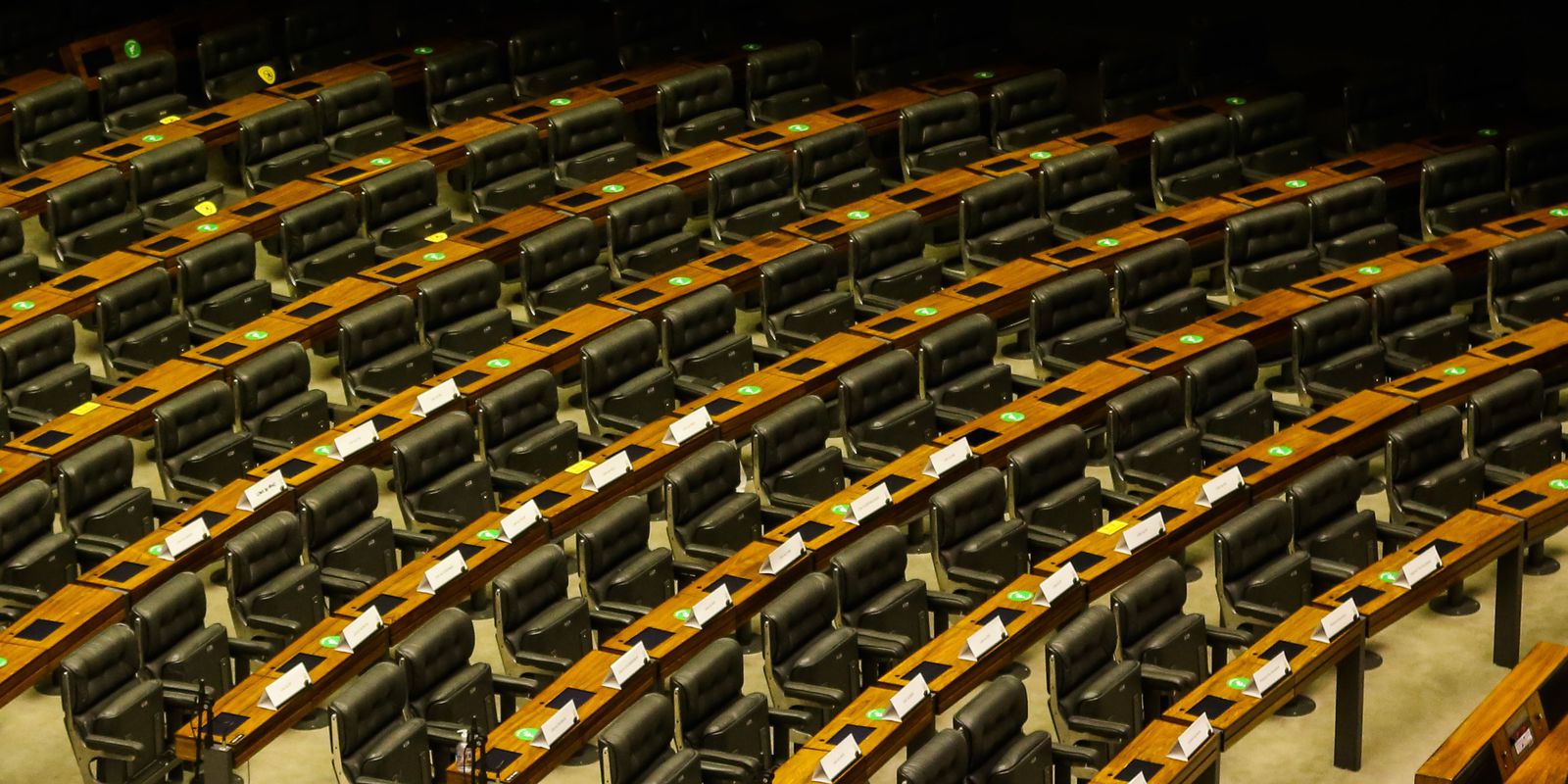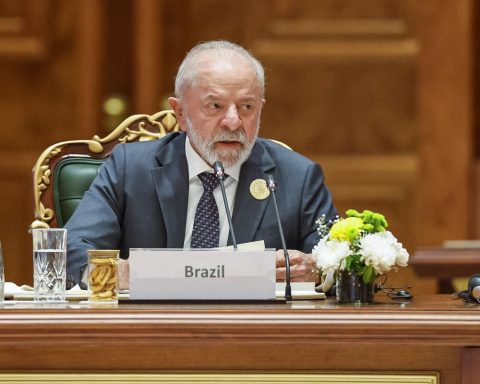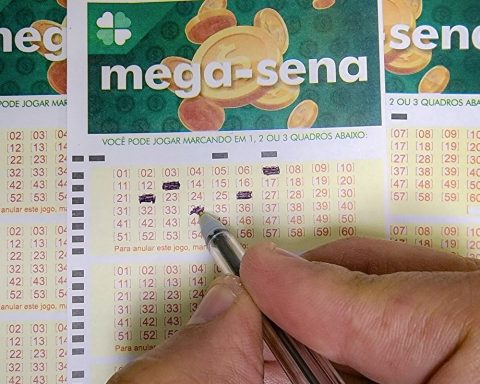During the 30-day period of the party window, a period for federal or state deputies and deputies to change political parties to run in the 2022 Elections without losing their mandate due to party infidelity, about 70 federal deputies changed their acronym. Since 2018, by decision of the Superior Electoral Court (TSE), the exchange of acronym can only be made by the parliamentarian at the end of the current term.
How deadline, last Friday (1st), the new composition of the benches placed the PL as the party with the most deputies in the Chamber, with 73 deputies. The number is more than double what the party had at the beginning of the legislature, when it had 33 deputies. Most of the new PL deputies came from União Brasil, a party created with the merger of the PSL and DEM.
The PT, which before the window had already disputed the position of largest bench with the PSL (currently União Brasil), ended the window with 56 deputies, compared to 54 at the beginning of the legislature. Before the party window, União Brasil had 81 deputies, but now it has 47. Other parties that grew were the PP, which went from 38 to 50 deputies, and the Republicans, which went from 30 to 45 congressmen.
PROS and Avante won one deputy each, currently having nine and eight parliamentarians, respectively. The benches of Rede, with one parliamentarian, and Novo, with eight, had no change in the number of members.
Among the main benches, the PSD went from 35 deputies to 43, and the MDB from 34 to 35. The PSB shrank – the bench that was 32 deputies went to 25; the same situation as the PSDB, which went from 29 to 27 parliamentarians in the Chamber and the PDT, which went from 28 to 20 deputies.
The PSOL also lost parliamentarians, currently with nine deputies, one less than at the beginning of the legislature; PV, which went from four to three deputies; the PCdoB, which had seven deputies, against the nine at the beginning of the legislature.
Who also saw the bench decrease was Solidarity, which went from 13 to 11 deputies; the PTB, which dropped from 10 to six deputies; and Citizenship, which lost a deputy and now has seven members.
Understand
The so-called “party window” opens for 30 days each electoral cycle, allowing for a change of party without this implying party infidelity and consequent loss of mandate.
The period of one month is provided for in the Law on Political Parties (Law 9096/1995, Article 22-A). According to the legislation, the window opens every election year, always six months before the election. This year, the electoral calendar set the exchange period party from March 3 to April 1.
The rule only applies to proportional elective terms, such as those of deputies and councilors. The understanding is that, in these cases, the seats in the legislative houses belong to the party and not to the occupants of the positions.
The window was regulated and inserted into the electoral calendar in the 2015 mini-reform, to allow for the relocation of party forces before the test at the polls.
The movements serve as a thermometer of the candidacies, indicating the reading that each parliamentarian makes of the electoral landscape and the polls of voting intentions.
This year, only the deputies could change their acronyms. This is because in 2018 the TSE established that only the legislator who is at the end of his term is entitled to enjoy the party window. In this way, the current councilors will only be able to change their legend before the next municipal elections, in 2024.
The party window is one of the only possibilities for deputies to change clubs during their term of office. The others are: the creation of an acronym; end or merger of the party; deviation from the party program or serious personal discrimination. Any change of legend that does not fit these reasons can lead to the loss of mandate.

















